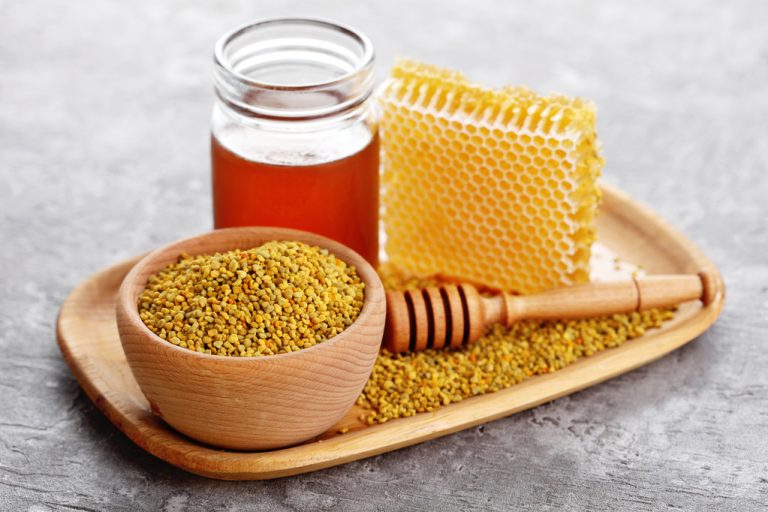Honey is a real miracle weapon against minor physical ailments. According to scientific studies, honey is even more effective than antibiotics for colds and coughs. We will tell you the most important things about honey as a natural remedy.

Honey helps with coughs and colds
Honey has a more positive effect than antibiotics, especially in the case of a disease of the upper respiratory tract. This is the conclusion reached by the researchers at the University of Oxford in the meta-study. They found that honey intake significantly reduced both the frequency of coughing and the severity of coughing in upper respiratory tract disease. Compared to antibiotics, honey also proved to be significantly more effective. This is also because colds and coughs are not always caused by bacteria that antibiotics are used to treat. They can also be triggered by viruses.
In the analysis by the University of Oxford, the scientists compared a total of 14 studies in which 1,400 subjects took part. The results were published in the journal BMJ Evidence-Based Medicine. In addition to the effect of honey and antibiotics, the effect of placebo drugs on diseases of the upper respiratory tract was also examined.
But what makes honey so effective for cold symptoms like coughs? The honey thins mucus and secretions in the upper respiratory tract, which both reduces the urge to cough and helps the mucus to be coughed up.
No honey for children under one year
So honey is a good choice if you suffer from an unpleasant cough again. However, you should avoid giving honey to a baby under a year old, according to the Professional Association of Paediatricians. Because honey can contain bacteria that the baby cannot digest properly because the intestinal flora is not yet fully developed. This is how the bacteria excrete toxins in the child’s body, which can lead to infant botulism – a life-threatening poisoning.
Honey is said to have an antibacterial effect, but what’s the truth? This property has been scientifically proven for Manuka honey. The methylglyoxal found in Manuka honey is believed to be the main one for the antibacterial function. This substance occurs more frequently in this type of honey than in other types of honey. In studies, even multi-resistant germs could be killed with Manuka honey.
In addition to methylglyoxal, scientists also see the high sugar content as the cause of the antibacterial function of honey. This is because the honey is said to be able to remove water from the bacteria in the body.
Antibiotic resistance is dangerous for all of us
The danger of antibiotics is clearly the side effects. In contrast, there are no side effects to be feared when taking honey. The Robert Koch Institute warns that antibiotic resistance can develop if antibiotics are used too frequently.
But how does such resistance come about? Antibiotics kill bacteria in the body. However, some resistant bacteria are unaffected by the drug and they continue to multiply happily. Such resistant bacteria primarily occur in hospitals, but also in agriculture, since antibiotics are often used there.
The problem is that anyone can now potentially become infected with these bacteria and they are much more difficult to treat than conventional bacteria – which is why antibiotic resistance also poses such a great risk. Immunocompromised people, the elderly and children are particularly at risk. It is essential to avoid unnecessary administration of such medication and to use remedies such as honey.
Conclusion
Honey is more effective than antibiotics for coughs and colds, researchers at the University of Oxford found in an analysis of several studies. Honey has been shown to help cough up phlegm, thereby reducing both the frequency and severity of coughing. Since there are hardly any side effects to be expected from taking honey, this remedy should be preferred to antibiotics in order to avoid antibiotic resistance. Overall, honey is a useful home remedy not only to treat the common cold, but also to prevent digestive problems, prevent a heart attack or even cancer.

